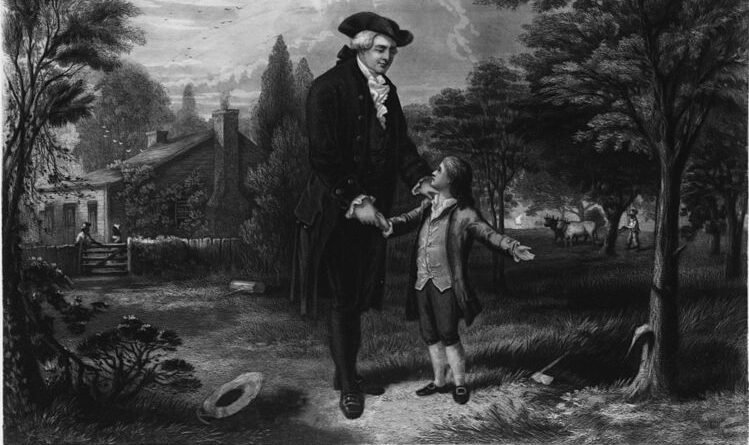John Robson: The Importance of Truth and Integrity in Building a Strong Society
Commentary
Are we facing a moment of truth in politics? Let’s hope so.
If “moment of truth” sounds ominous, or you’re wondering whose politics, I reply, “Let freedom reign.” John 8:32 says, “ye shall know the truth, and the truth shall make you free.” So it’s not just a political tactic. And truth is not a lifestyle choice. But imagine how public discourse would change, as well as our hearts, if everyone pledged never to tell a lie or acquiesce in one.
It wouldn’t end all political disputes. As I often reply to claims of policy “lies” or “hoaxes,” when people say and do things you disagree with it’s because they think things you disagree with. And many hold dangerously mistaken ideas. But it gets far worse if people across the spectrum tolerate statements they know are untrue and deeds they know are unworthy, including from “our side,” for fear of ostracism or giving aid and comfort to the foe.
For instance, I suspect half of those who sit mute through ritual land acknowledgements don’t believe Canada was stolen, and the other half don’t intend to give it back. So neither says what they really think, and discussion goes nowhere but down.
Is telling the truth scary? Sure. But truth-telling can be contagious. And ducking the truth carries very real risks too. Agatha Christie once wrote of “That very exciting journey which is your life. Not that it is necessarily going to be exciting as a life, but it will be exciting to you because it is your life.” But surely only if lived with integrity. Who wants “Now I can say what I really think” on their tombstone?
As football legend Kenny Stabler often said: “Easy to call, hard to run.” And I’m no model. But consider Martin Luther King Jr. advocating for full racial equality in the hostile and dangerous 1950s. To avoid alienating potential supporters, or getting murdered, it was tempting to pretend he only sought marginal improvements. But that approach would demoralize friends without mollifying foes, and he never did.
King was deeply committed to uplift, including non-violence. But also very explicit that “one day right there in Alabama little black boys and black girls will be able to join hands with little white boys and white girls as sisters and brothers. I have a dream today!”
Today. Not next week, year, or century. King knew he might get killed, by the police or some vigilante, and was. But his dream lives on … if we never, ever acquiesce even by silence in judging people by skin colour, not character.
Then there’s Canadian Patrick Moore. The small, unkempt radical band who founded Greenpeace weren’t right about everything. But they were about many big things and true to them, and when Greenpeace became anti-science, Moore spoke out then walked out. Such people change the world for the better, not the sail-trimmers and weasel-worders.
As Havel said, its real meaning was “I am afraid and therefore unquestioningly obedient.” But “The greengrocer would be embarrassed and ashamed to put such an unequivocal statement of his own degradation in the shop window,” so they gave him a cushion to kneel on.
Of course, you should be careful what you think. Beware of facile, flattering, or vicious ideas. But once persuaded, stand firm. Does anyone really think the Canada Health Act is working, or could? Yet how many politicians ever suggest repealing it?
If they protest that there’s no support for repeal, well, nobody ever rallied to a proposal nobody made. So, as George Washington said in 1787, “Let us raise a standard to which the wise and honest can repair. The event is in the hand of God.”
I don’t promise that telling the truth will necessarily work. But ducking it can’t. At best, it gains you power to no avail, and it might gain you nothing.
So what are we waiting for?
Views expressed in this article are opinions of the author and do not necessarily reflect the views of The Epoch Times.





